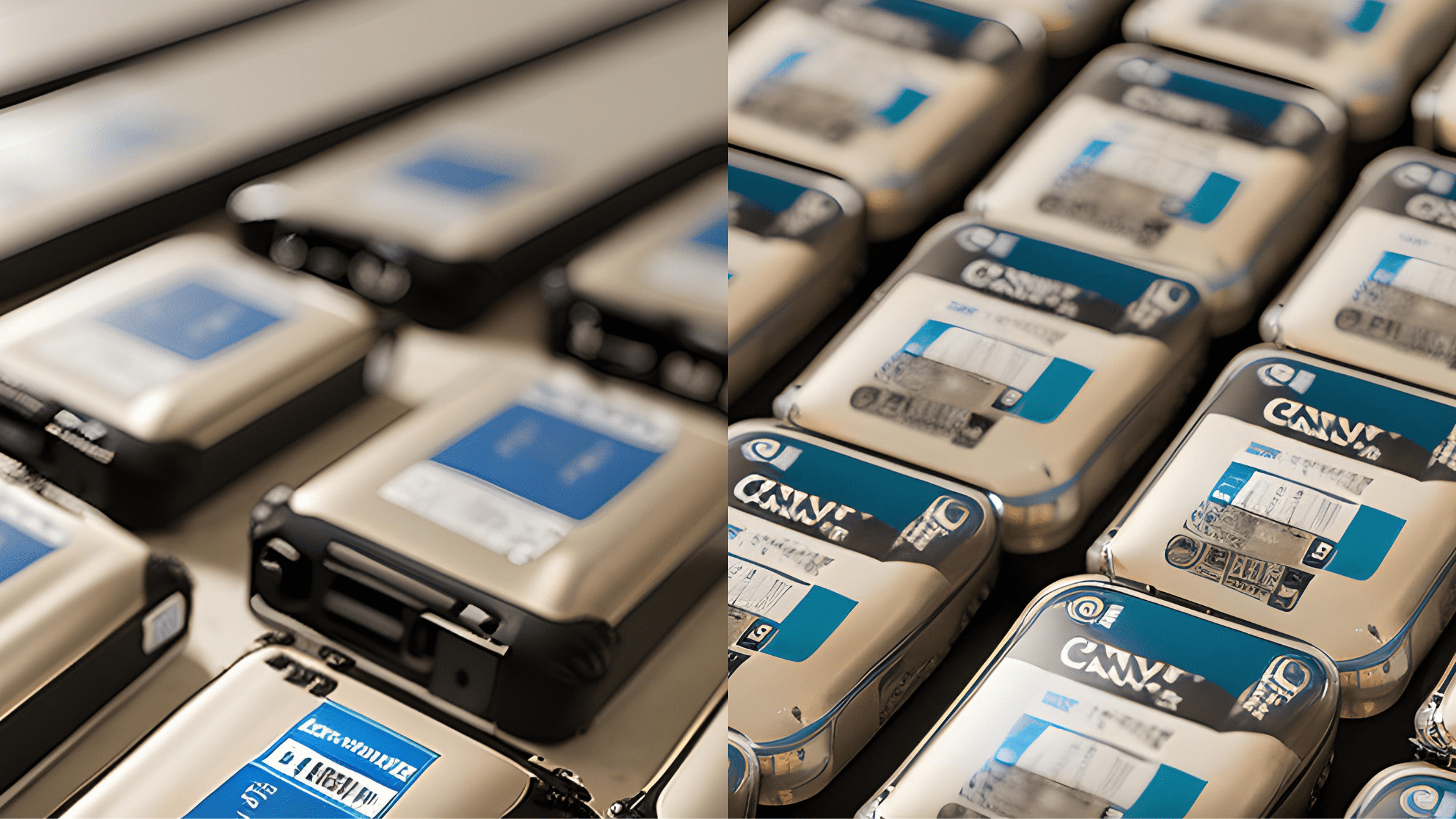Introduction:
In this comprehensive article, we delve into the realm of lithium-ion batteries and their pivotal role in the electric vehicle (EV) revolution. As the demand for cleaner and more efficient transportation options continues to grow, lithium-ion batteries have emerged as a game-changer, providing the energy storage needed to propel electric vehicles forward. From their chemistry and design to the benefits they bring to the table, we’ll explore how these batteries are reshaping the automotive industry.
The Evolution of Lithium-Ion Batteries:
Lithium-ion batteries have revolutionized modern technology, powering not only electric vehicles but also smartphones, laptops, and other portable devices. Their compact size, high energy density, and rechargeability have made them a preferred choice for various applications. As electric vehicles gained traction, the demand for more powerful and efficient batteries led to advancements in lithium-ion technology.
How Lithium-Ion Batteries Work:
Lithium-ion batteries operate on the principle of moving lithium ions between two electrodes, an anode and a cathode, during charge and discharge cycles. The anode is typically made of graphite, while the cathode comprises lithium metal oxide. The electrolyte, a lithium salt in a solvent, facilitates ion movement. This process generates a flow of electrons, creating the electric current that powers EVs.
Benefits of Lithium-Ion Batteries in Electric Vehicles:
Lithium-ion batteries offer several advantages that contribute to their widespread adoption in electric vehicles:
- High Energy Density: Lithium-ion batteries pack a significant amount of energy into a small and lightweight package, allowing EVs to travel longer distances on a single charge.
- Fast Charging: Advancements in lithium-ion technology have led to faster charging times, reducing the inconvenience of long charging sessions.
- Longevity: Modern lithium-ion batteries have improved lifespan compared to earlier iterations, contributing to the overall cost-effectiveness of electric vehicles.
- Reduced Environmental Impact: Electric vehicles powered by lithium-ion batteries produce fewer greenhouse gas emissions compared to internal combustion engine vehicles, promoting cleaner air and reduced carbon footprint.
- Regenerative Braking: Lithium-ion batteries enable regenerative braking systems, which capture and store energy during braking, further increasing efficiency.
Lithium-Ion Battery Innovations:
The rapid evolution of lithium-ion battery technology has paved the way for exciting innovations:
- Solid-State Batteries: Researchers are working on solid-state batteries that replace the liquid electrolyte with a solid material. These batteries promise improved safety, higher energy density, and faster charging.
- Battery Management Systems (BMS): Advanced BMS technology optimizes battery performance by monitoring and managing individual cells, ensuring safety and extending battery life.
- Second-Life Batteries: Lithium-ion batteries removed from electric vehicles still retain a significant portion of their capacity. These “second-life” batteries can be repurposed for stationary energy storage applications.
Role of Lithium-Ion Batteries in Electric Vehicles:
Electric vehicles rely on lithium-ion batteries as their primary source of energy. These batteries store the electricity needed to power the vehicle’s electric motor, providing a smooth and emissions-free driving experience. The integration of lithium-ion batteries in EVs has contributed to the widespread adoption of sustainable transportation options.
FAQs:
Q: How long do lithium-ion batteries last in electric vehicles?
A: The lifespan of lithium-ion batteries in electric vehicles can vary depending on factors such as usage, temperature conditions, and battery management. On average, they can last 8 to 15 years.
Q: Are lithium-ion batteries safe for electric vehicles?
A: Yes, lithium-ion batteries are designed with safety features to prevent overheating and overcharging. Modern battery management systems ensure safe operation.
Q: Can I replace a lithium-ion battery in an electric vehicle?
A: Yes, lithium-ion batteries can be replaced if their capacity significantly degrades over time. Many manufacturers offer replacement options.
Q: Do lithium-ion batteries contribute to recycling challenges?
A: While recycling lithium-ion batteries can be complex, efforts are underway to develop efficient recycling methods that recover valuable materials and reduce environmental impact.
Q: How do cold temperatures affect lithium-ion batteries in EVs?
A: Extremely cold temperatures can temporarily reduce the performance of lithium-ion batteries, resulting in decreased range. However, manufacturers implement thermal management systems to mitigate this issue.
Q: Are there alternatives to lithium-ion batteries for electric vehicles?
A: While other battery technologies exist, such as solid-state and hydrogen fuel cells, lithium-ion batteries currently offer the best balance of energy density, efficiency, and cost-effectiveness.
Conclusion:
Lithium-ion batteries have truly transformed the landscape of electric vehicles, propelling us towards a more sustainable future. From their remarkable energy density to the continuous innovations that enhance their performance, these batteries have become a cornerstone of the EV revolution. As technology continues to advance, we can expect even greater strides in the world of lithium-ion batteries, contributing to cleaner transportation and a greener planet. Read Indian EV Story.

